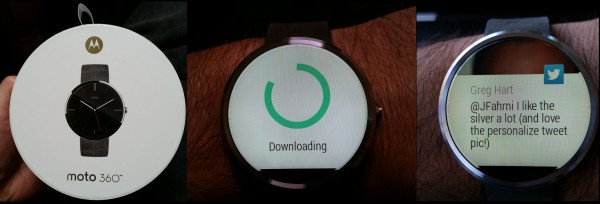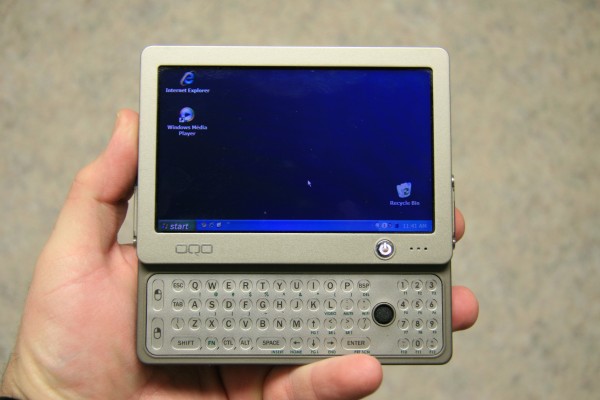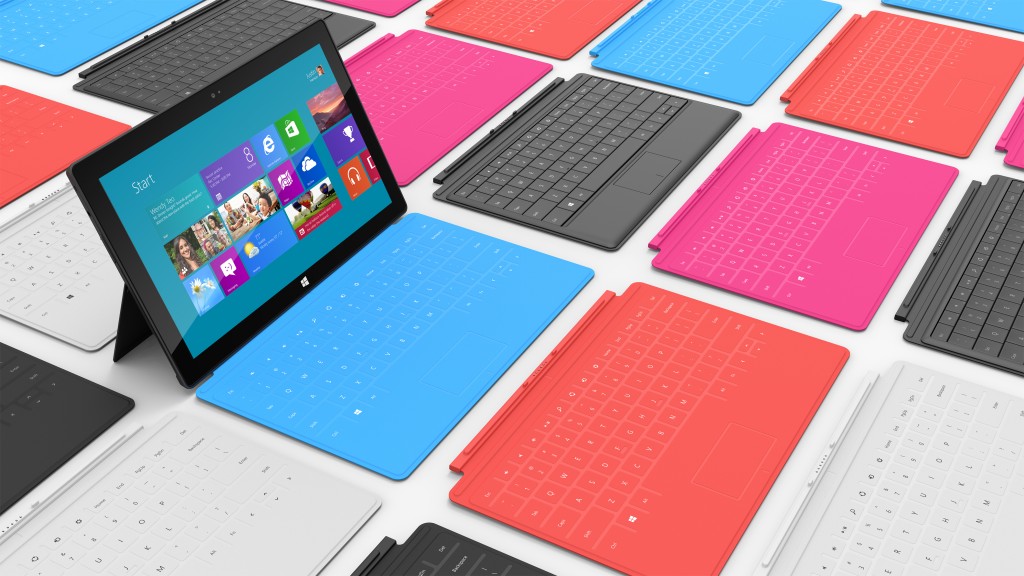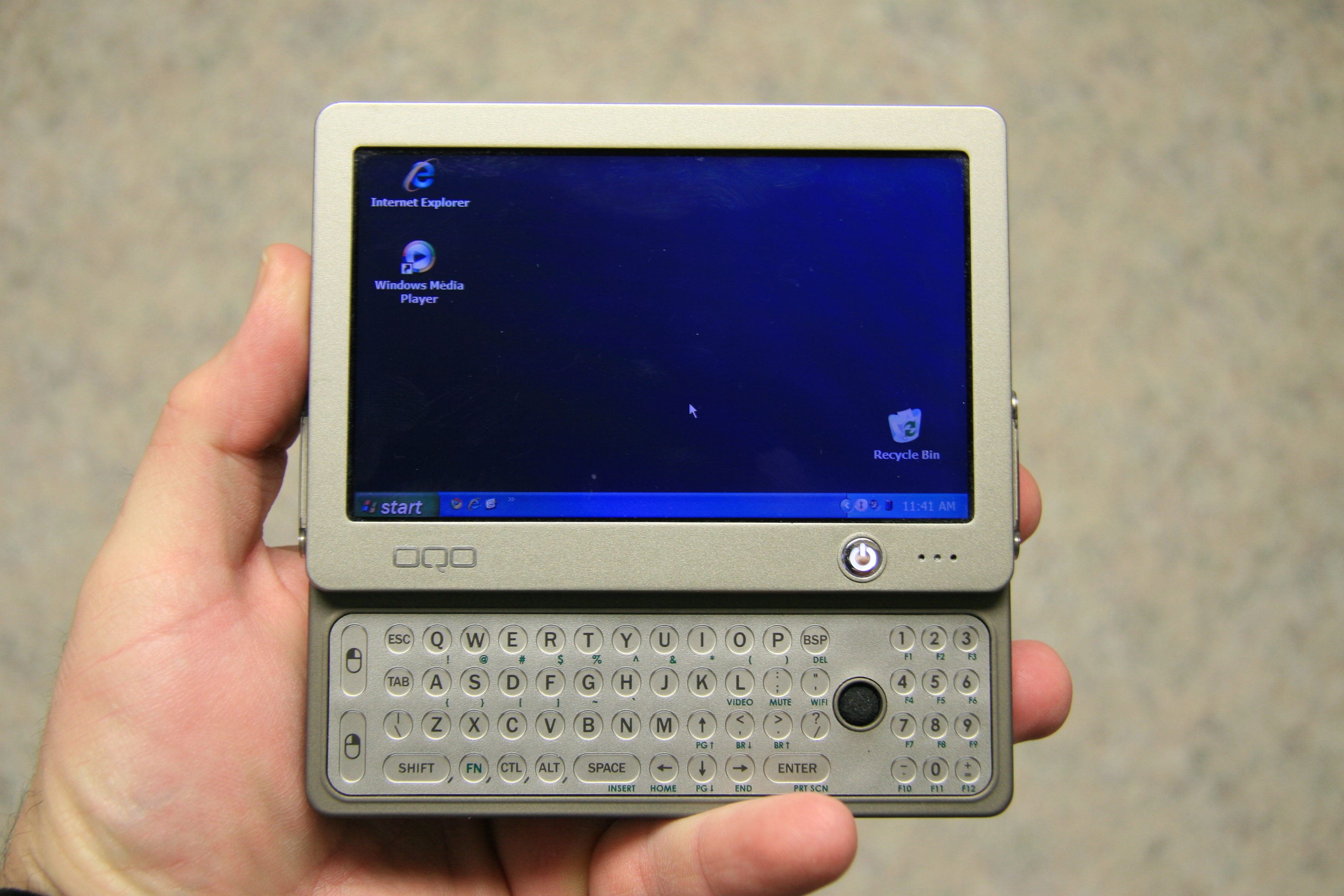Remember when ultra-mobile personal computing (UMPC) was all the rage? I do, but it’s been a while. That was back in the day when you had machines like the HTC Shift or the OQO Microcomputer (Models 1-3).
You could argue that smartphones have become the new UMPC platform, or even perhaps the host of new iOS and Android tablets, but they’re really not the same thing. The UMPC movement involved computers that were designed, in concept at least, to give you the desktop experience on a machine that you could fit in your pocket. This included using an operating system similar to the desktop as well as a physical keyboard and the ability to dock the device and use peripherals like a mouse.
A perfect example of a UMPC device was the OQO Microcomputer. The OQO was a 5-inch computer with physical keyboard that ran Microsoft Windows. I wanted one so bad I could taste it. Unfortunately the OQO was a $2000 luxury that I simply couldn’t justify at the time. I did however get my hands on one for about a week. The experience was cool, but it definitely left me feeling like the device would be difficult to use as a true desktop replacement.
Read more




